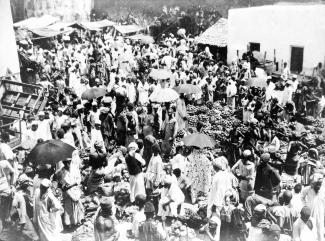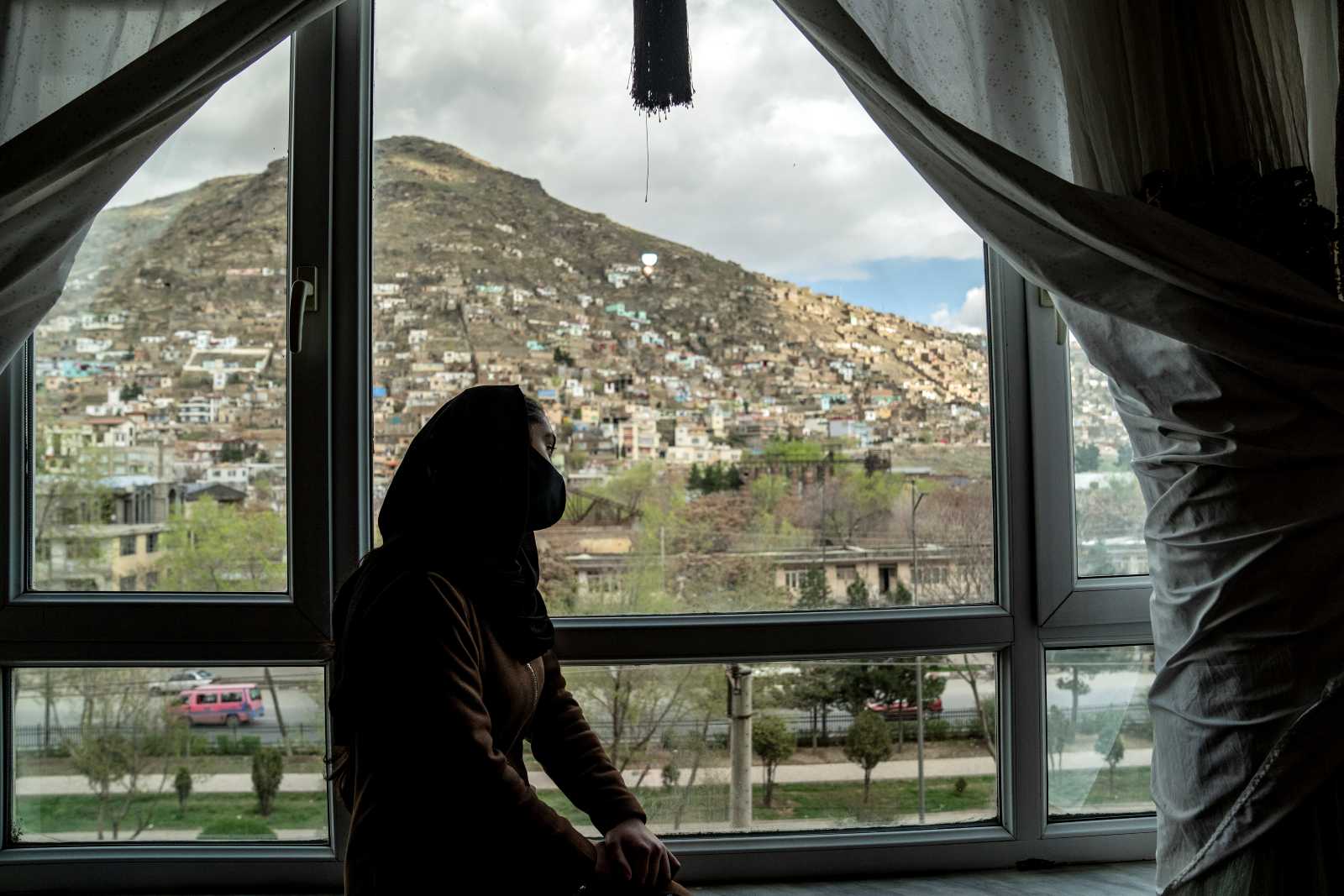Fiction
A story is always part of the currents of its time

On his way to the mosque, shopkeeper Hassanali notices a shadow, which he initially takes for an evil spirit. But when the shadow sighs and groans, he realises it must be a human being. The deathly pale figure turns out to be a British traveller, Martin Pearce. Hassanali has no room for an invalid in his humble home and hardly any money. Nevertheless, he arranges for the mzungu – the white man – to be taken to his house, where his sister Rehana nurses Pearce back to health. That is until the day the district officer Frederick Turner turns up and has Pearce transferred to his residence.
Pearce considers the colonialists, their imperious demeanour and their condescending attitude towards the indigenous population to be an abomination. The plantation manager Burton, for instance, is firmly convinced that Britain’s future in Africa lies in the gradual extinction of the African population, who would be replaced by European settlers. Pearce, on the other hand, believes that the colonisers have a duty to ensure the wellbeing of the local people because of the way they have invaded their lives and disrupted their customs.
He returns to Hassanali’s house several times, negotiating the maze of narrow alleyways of Stone Town. He and Rehana, who has been abandoned by her husband, become secret lovers. When the shopkeeper learns of the affair, he accuses his sister of having lost all sense of decency – even though he and his sibling are themselves offspring of a socially unacceptable marriage between an Indian and a Swahili. The love affair also draws resentment from the colonists. The couple flees to Mombasa and lives together openly for a while as common-law man and wife, until one day Pearce leaves Rehana, who is pregnant at that time.
From the year 1899, the narrative jumps to the end of the 1950s, when the entire African continent is rocked by uprisings against foreign colonial rule. Siblings Amin, Rashid and Farida grow up in Zanzibar in the midst of this political upheaval. Amin falls in love with the slightly older Jamila.
The couple’s secret passionate love affair is discovered and soon the relationship threatens to break apart under pressure from the families and social constraints, because there are all kinds of rumours about the mysterious Jamila: she is said to have been married before, to have been rejected by her husband, to come from a family that is cursed. It emerges that Jamila’s grandmother once risked everything for a forbidden love affair. So, the story continues with Rehana’s granddaughter.
Rashid, Amin’s younger brother, wins a scholarship that enables him to study in London. Due to the political situation at home, he is unable to return to Zanzibar for many years. In London, he suffers from the intolerable sense of being a foreigner. He broods a lot. His brother’s tragic love story preys on his mind. At an event on “Race and sexuality in the works of settlers in Kenya”, where he talks about Rehana and her affair with the Englishman Pearce, he is approached by a female participant. She knows the story from her grandfather, who was a district administrator in a small coastal town in Kenya at the turn of the century. The threads come together, destinies and stories are interwoven.
Which is precisely what Gurnah intends: to show that stories do not belong to us, that they carry destinies within them and flow randomly through time like water in a river.
Many of the characters in Gurnah’s novel are turned into “deserters” by the times in which they live: Pearce, who rejects the world of colonial masters; Rehana and Jamila, who defy society; people who emigrate to England for a better life.
The author himself is one of those people. Born in 1948 in the Sultanate of Zanzibar, he fled to the UK at the age of 18. In 1964, Zanzibar was rocked by violence, directed particularly against the Muslim Arab minority to which Gurnah belonged. Today, he is Emeritus Professor of English and Postcolonial Literatures at the University of Kent.
Buch
Gurnah, A., 2023: Desertion. New York, Riverhead Books.
Dagmar Wolf is D+C/E+Z’s office manager.
euz.editor@dandc.eu
















